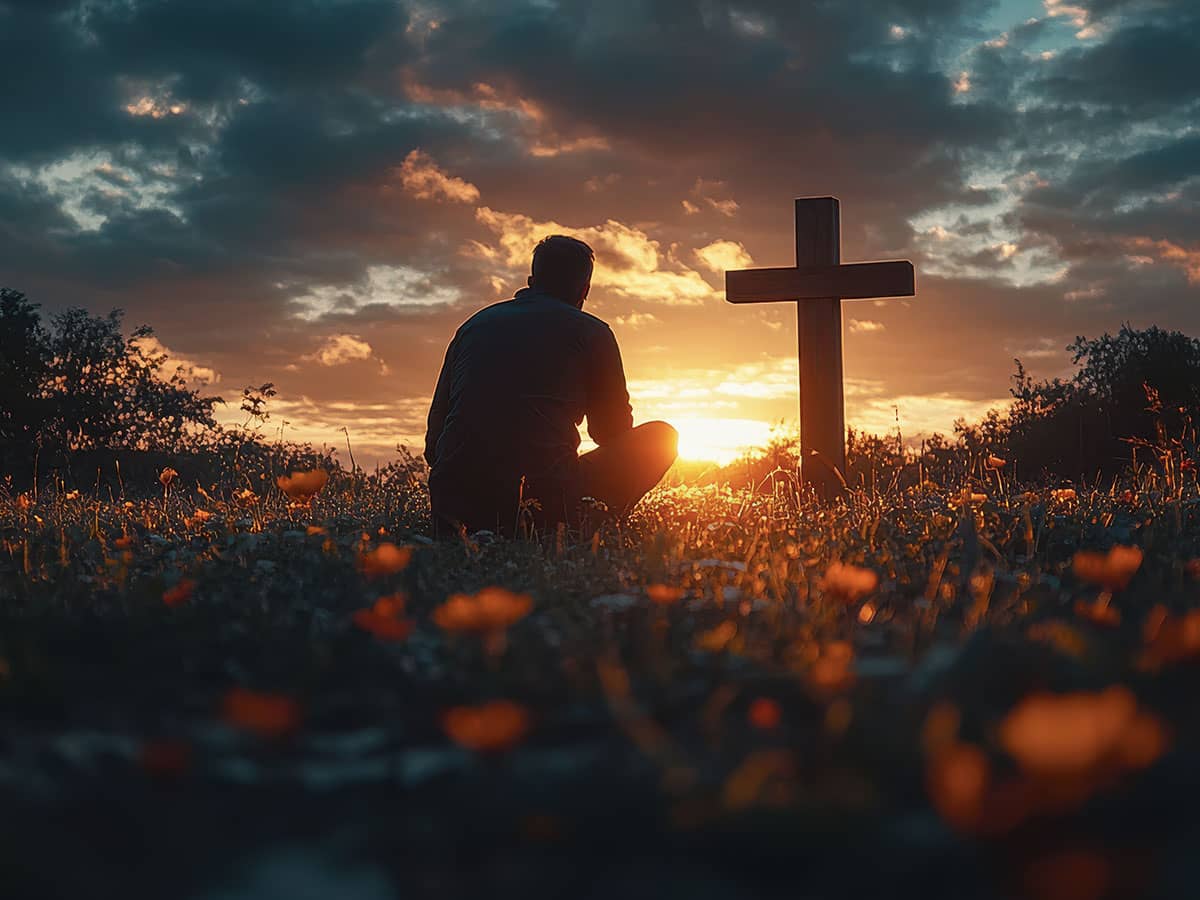
For someone to go to church on Saturday is an innocuous choice of service times today. With churches growing in membership, sister campus sites, or satellite locations, sometimes a Saturday afternoon service is the only plausible time to worship and get a good seat. Yet, that wasn't always the case.
In the past, if someone worshiped on Saturdays instead of Sundays, it was a sign of who they were and what they believed about the Son of God. Although history has changed considerably, it's important to know the significance of Saturday worship and what it means to yesterday's and today's believers.
The History of Saturday
Christians get in a twist over the most benign issues, and the more orthodox the subject, the more grievous the argument. None reflect this paradox more than perhaps "The Sabbath."
The subject of the Sabbath is crucial to Judaic believers and many Christians. It's a matter of respecting what is said in the Bible and how adherent people should be to God's Word.
"Remember the Sabbath day, to keep it holy. Six days, you shall labor and do all your work, but the seventh day is the Sabbath of the Lord your God. In it, you shall do no work: you, nor your son, nor your daughter, nor your male servant, nor your female servant, nor your cattle, nor your stranger who is within your gates" (Exodus 20:8-10 NKJV).
For most of the world, it's called "Sabbatarianism," or a firm commitment to keeping the Sabbath. No problem. The Bible instructs humanity to do so. Only, what day is that again? If the week starts on a Sunday, the seventh day of rest is a Saturday. This aligns with the Ten Commandments.
"The Sabbath was made for man, not man for the Sabbath" (Mark 2:27 ESV).
If God makes something for His creation, it is to be enjoyed, appreciated, respected, and honored. The Sabbath is one such thing, as noted in those red letters. We work six days and rest on the seventh. One of the most literal notes about the location of the Sabbath is seen in Luke 23:50–24:1.
By this time, Jesus had died on the Cross by the sacrificial love for us. The followers of Jesus borrowed the tomb from Joseph of Arimathea (Luke 23:52), but they weren't just going to lay Him there. He was the Savior, so according to Jewish custom, His body needed to be "prepared."
"Then [Joseph of Arimathea] took it down, wrapped it in linen cloth and placed it in a tomb cut in the rock, one in which no one had yet been laid. It was Preparation Day, and the Sabbath was about to begin" (Luke 23:53-54 NKJV).
This is before the Sabbath. By modern-day interpretation, that could be Friday or Saturday. But, the following verses tell us which one. Luke 23:56 shows the women who followed Joseph saw how Jesus was laid in this tomb, and "then they went home and prepared spices and perfumes, but they rested on the Sabbath in obedience to the commandment."
- Preparation, Sixth Day – Friday
- Sabbath, Seventh Day – Saturday
- Resurrection, First Day – Sunday
"Good Friday" is the day Jesus died. The day Jesus rose was Easter or Resurrection Sunday. He did nothing (visibly, note: 1 Peter 3:18-20) on Saturday, but that would be antithetical to "the commandment" of keeping the Sabbath, as seen in Exodus 20. Don't feel bad for those attending church on Sundays because that action is subjective.
Keeping Saturday Holy
On Saturday–the Sabbath, chronologically speaking–should be "kept holy" and, during the day, "do no work." The commandment says nothing about going to church, only how to treat the day and what not to do.
The Sabbath is not only Mosaic in fashion; it's part of creationism (Genesis 2:2-3). It's a Judaic custom and celebrated on the Day of Atonement (Leviticus 16:23). During the Year of Jubilee (Leviticus 25), It's evident in the Bible that at the end of a "work week," we rest (Galatians 3:24). At that time, we spend time enjoying the "Lord of the Sabbath" (Luke 6:5).
Many Christians know about Seventh-day Adventists, who attend church on Saturdays as an orthodox vantage point on those scriptures. Yet, that's not why the church was founded in the mid-1800s by William Miller. He was a pioneering settler and charismatic Baptist preacher with a devout following who believed Jesus was returning on Oct. 22, 1844. That never happened, which is why that day is known as the "Great Disappointment."
From that day, the Millerites continued to seek eschatological meaning in the Bible, but they chose to do so only on the Sabbath. In May 1863, the official Seventh-day Adventist Church was born in Battle Creek, Michigan. Both adhere to the Sabbath and eagerly await Christ's Second Coming.
Did the Millerites get it right on what day of the week to worship? It depends on who you ask, but one thing is sure. No version of any holy writ connects the Sabbath to the "First day" of the week. And the only "day of rest" is linked to the Sabbath biblically.
Work schedules are complicated these days, and for many people who work all weekend, there is no Sabbath allotted for that schedule.
What's important is the Spirit of the Sabbath should reign. One day should be a day of rest and recollection of who God is to us and what Jesus did for us.
And truth be told, reading the story of what Jesus did during the three days He wasn't on Earth, even He did some work on Saturday.
Take that, Satan (Revelation 1:18). Hallelujah!

